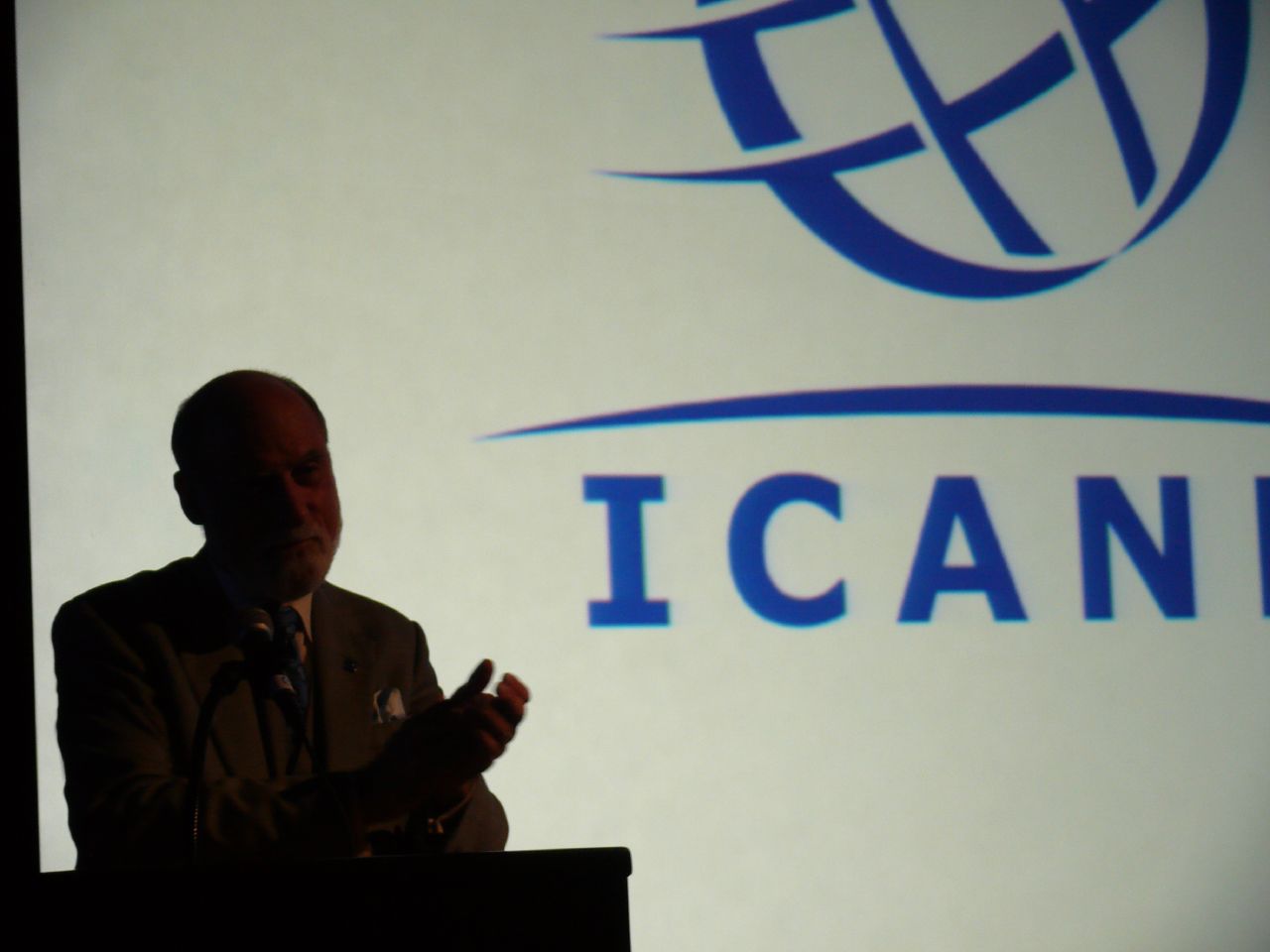The U.S. Congress is currently embroiled in a heated debated over the Stop Online Piracy Act (SOPA), proposed legislation that supporters argue is needed combat online infringement, but critics fear would create the “great firewall of the United States.” SOPA’s potential impact on the Internet and development of online services is enormous as it cuts across the lifeblood of the Internet and e-commerce in the effort to target websites that are characterized as being “dedicated to the theft of U.S. property.” This represents a new standard that many experts believe could capture hundreds of legitimate websites and services.
For those caught by the definition, the law envisions requiring Internet providers to block access to the sites, search engines to remove links from search results, payment intermediaries such as credit card companies and Paypal to cut off financial support, and Internet advertising companies to cease placing advertisements. While these measures have unsurprisingly raised concern among Internet companies and civil society groups (letters of concern from Internet companies, members of the US Congress, international civil liberties groups, and law professors), my weekly technology law column (Toronto Star version, homepage version) argues the jurisdictional implications demand far more attention. The U.S. approach is breathtakingly broad, effectively treating millions of websites and IP addresses as “domestic” for U.S. law purposes.
The long-arm of U.S. law manifests itself in at least five ways in the proposed legislation.
Read more ›







